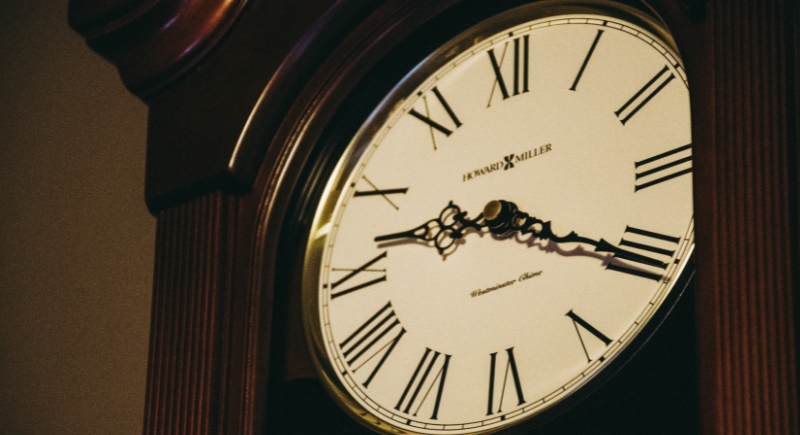What Does Daylight Saving Time Have to Do With Obesity? A Lot, Apparently
Every spring and fall, Americans still go through the odd ritual of changing their clocks: an hour ahead, then an hour back. It feels harmless, just a temporary disruption. But growing research suggests this constant shifting might be doing more damage than we think. Beyond sleep loss, it’s been linked to higher risks of obesity, heart issues, and even stroke. The simplest fix might be to stop switching time altogether.
The Body’s Built-In Clock

Image via Canva/Africa Images
Our bodies operate on a 24-hour internal rhythm known as the circadian clock. It controls when we feel awake, tired, hungry, or ready to rest. When daylight saving time (DST) begins each spring, we “lose” an hour of morning light. That shift might not seem like much, but it changes how our bodies sync with natural daylight. According to Stanford researchers Lara Weed and Jamie Zeitzer, these shifts disrupt the body’s internal timing system, which in turn affects metabolism and cardiovascular health.
Their study, published in the Proceedings of the National Academy of Sciences, compared permanent standard time, permanent daylight saving time, and the current twice-a-year switching to see how each affects circadian alignment. The data showed that adhering to a consistent schedule would be healthier overall, and permanent standard time emerged as the top choice. It provides more morning light, which helps the body stay in sync with natural daylight and reduces what scientists call circadian “jet lag.” Other countries, like Mexico, have already dropped seasonal clock changes to support public health and productivity.
The Hidden Weight of Time Shifts
The Stanford team found that adopting permanent standard time could lead to a nationwide decrease in obesity of approximately 0.78%, resulting in 2.6 million fewer people with obesity. It could also mean around 300,000 fewer strokes each year. Permanent daylight saving time would still be beneficial, but to a lesser extent, with approximately 1.7 million fewer obesity cases and 220,000 fewer strokes.
Morning light helps regulate appetite hormones, sleep quality, and insulin response, all of which influence body weight. Without sufficient early light exposure, our internal clock drifts later, disrupting metabolism and energy levels. Over time, that misalignment contributes to weight gain, even for people who maintain a stable diet and exercise routine. The study didn’t find significant effects on other conditions, such as diabetes, arthritis, or depression, suggesting that light exposure timing plays a stronger role in metabolic and cardiovascular health than in different areas.
Why the Clock Wars Continue

Image via Pexels/Brett Sayles
Even though science favors standard time, there’s still disagreement about which policy should become permanent. Fans of permanent daylight saving time argue that more evening light saves energy and provides people with extra daylight after work. The U.S. attempted this approach in 1974 during an energy crisis, but the experiment was discontinued within a year due to complaints about dark mornings and safety concerns at schools.
Health organizations strongly support standard time instead. The American Medical Association, the American Academy of Sleep Medicine, and the National Sleep Foundation all agree that morning light promotes healthier sleep patterns and better metabolic function. Zeitzer says this new data provides concrete evidence for something experts have suspected for years: our bodies truly operate better with earlier daylight exposure.
The twice-yearly clock change may seem harmless, but it’s creating hidden chaos inside our bodies. Each shift disrupts how our internal clock aligns with the environment, and these minor disturbances accumulate over time.
Keeping one consistent time year-round will not add more daylight, but it would give our bodies a better chance to adapt naturally. After all, our health depends on more than just what we eat or how we move. It also depends on the light we wake up to.